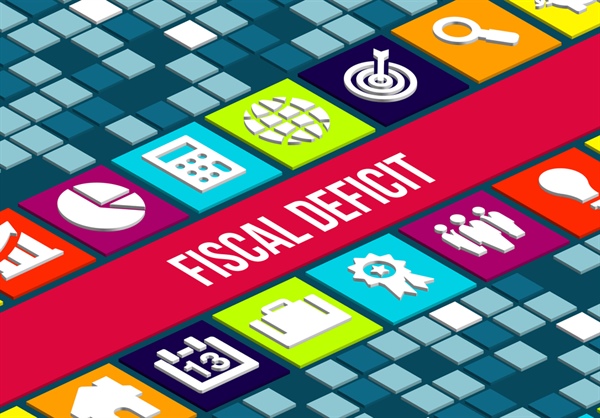ISLAMABAD: According to the monthly economic update and outlook report of March 2023 issued by the finance ministry the economy is confronted with external liquidity shortage despite containing fiscal and current account deficit.
Through demand management policies, the government is trying to limit the current account deficit to curtail pressure on dwindling reserves. The government is also inclined to successfully complete the IMF’s Extended Fund Facility (EFF) programme, which includes necessary policy measures to bring additional relief to the balance of payments.
Presently, the government is pursuing fiscal consolidation in order to reduce the overall fiscal deficit through a combination of expenditure management and revenue increase. These measures are paying off in the form of improved fiscal accounts. The fiscal deficit has been reduced to 2.3% of GDP during July-January FY23, down from 2.8% of GDP in the same period of previous year. The primary balance is in surplus due to significant decline in non-markup expenditures. On the revenue side, FBR tax collection is growing at 18% despite unprecedented challenges due to slowdown in economic activity and import compression. However, the current performance indicates the resolve of the government to optimize the revenue collection and to achieve the full year target.
The policy measures are intended to bring expenditures more in line with the income generated within the country. At the fiscal front, the government is pursuing fiscal consolidation in order to reduce the overall fiscal deficit through expenditure management, austerity measures, and revenue mobilisation.
The report states that inflation is expected to stay at elevated levels owing to market frictions caused by relative demand and supply gap of essential items, exchange rate depreciation and recent upward adjustment of administered prices of petrol and diesel. Due to the lagged effect of floods, the production losses especially of major agriculture crops has not yet been fully recovered. Consequently, the shortage of essential items has emerged and persisted.
Other important indicators
Inflation may further jack up as a result of the second round effect. The economic distress resulting from the delay of the stabilization program has exacerbated the economic uncertainty due to which inflationary expectations have remained strong.
Inflation in March may remain in the upper bound as observed in the month of February. Recent monetary policy restrictions and efforts towards fiscal consolidation along with the administrative, policy and relief measures are expected to ease out the inflationary pressure by the end of the current fiscal year.
Wheat production largely depends on the prevailing climatic conditions. As witnessed last year, delay in rains and early heat waves are expected to adversely impact wheat production.





The article posted at “https://profit.pakistantoday.com.pk/2023/03/31/fiscal-deficit-to-gdp-reduced-but-external-financing-still-falling-short/” discusses Pakistan’s fiscal deficit and external financing situation. The author notes that while Pakistan has made progress in reducing its fiscal deficit-to-GDP ratio, the country is still facing a shortfall in external financing. The article provides an overview of Pakistan’s current fiscal and external financing situation, including factors such as declining remittances and rising debt servicing costs. The author also highlights potential risks associated with the country’s external financing situation, such as increased reliance on short-term borrowing. Overall, the article provides a useful analysis of Pakistan’s fiscal and external financing challenges and offers insights into potential solutions to address these issues.